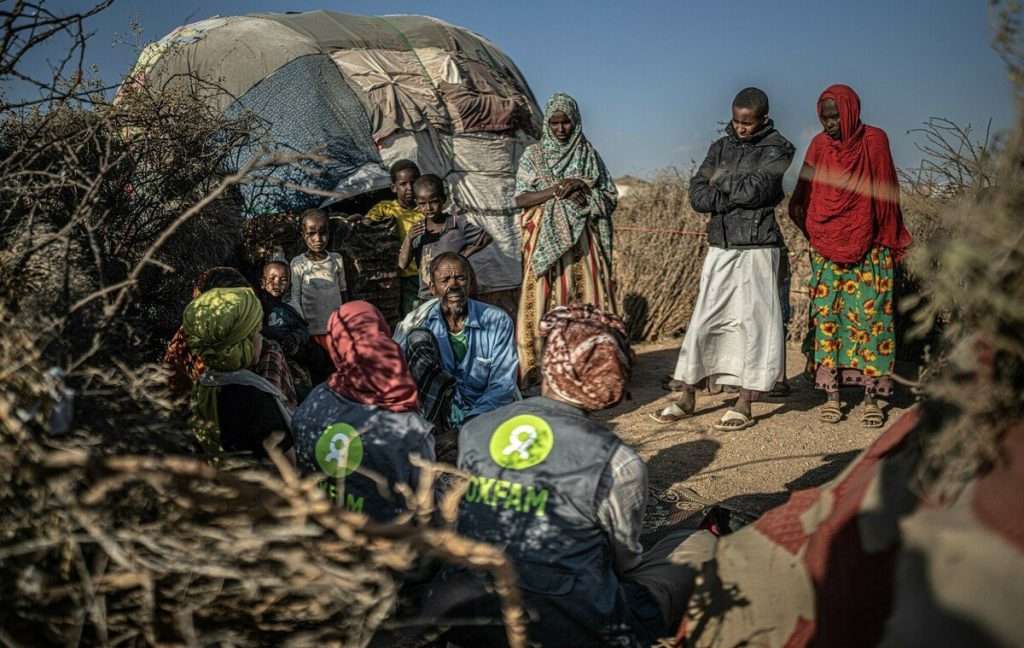UN Warns of “Hunger Hotspots” in the Sahel and Palestine

Widespread starvation will continue to intensify in 13 global “Hunger Hotspots” that have been largely ignored by mainstream media, warns the United Nations.
In a report released on June 16, the UN Food and Agriculture Organization (FAO) and the World Food Programme (WFP) raised the alarm that hunger crises are set to worsen in 13 countries, with five of them facing an immediate risk of starvation over the next five months, according to Algerian-friendly AL24.
Sudan, Palestine, South Sudan, Haiti, and Mali are the worst hit, having grappled with declining human rights crises due to a combination of conflict, economic shocks, and natural disasters.
“These are communities already facing famine, at risk of famine, or confronted with catastrophic levels of acute food insecurity,” the Hunger Hotspots report said, urging investment and help to address chronic underfunding and limited humanitarian access.
Famine in Sudan was declared in 2024 after the country descended into a catastrophic civil war in 2023 that has claimed tens of thousands of lives and displaced over 14 million people. These shocking figures, however, have largely been met with silence from the international community leading to the worst famine in 40 years. The U.S. freeze on foreign aid under Trump, which has provided billions of dollars to Sudan since the conflict began, has deepened the crisis.
In Gaza, the situation is similarly bleak, as the entire population, around 2.1 million people, is experiencing crisis-level or worse food insecurity following Israel’s draconian blockade. For months, Israel has choked off all aid coming into the besieged enclave; efforts to starve out Palestine’s defacto government, Hamas.
South Sudan, hit by flooding and political instability, could see up to 7.7 million people in crisis, with 63,000 in famine-like conditions, while in Mali, flooding has shot up grain prices putting 2,600 people at risk of starvation by the end of August.
Gang violence and economic collapse have pushed Haiti to a similar brink pushing the number of those affected to 5.7 million – an increase of more than 300,000 since last year.
FAO Director-General Qu Dongyu stressed the urgency of coordinated action, saying: “We must act now, and act together, to save lives and safeguard livelihoods.” WFP Executive Director Cindy McCain echoed the alarm, calling the report “a red alert” and emphasizing that while humanitarian organizations have the tools and experience to respond, “without funding and access, we cannot save lives.”
Beyond the five worst-affected countries, the report also designates Yemen, the Democratic Republic of the Congo, Myanmar, and Nigeria as areas of very high concern. Other hotspots include Burkina Faso, Chad, Somalia, and Syria. The agencies urged swift, preemptive interventions, stressing that early action can save lives and reduce long-term food insecurity.
AL24/ Maghrebi
Want to chase the pulse of North Africa?
Subscribe to receive our FREE weekly PDF magazine












